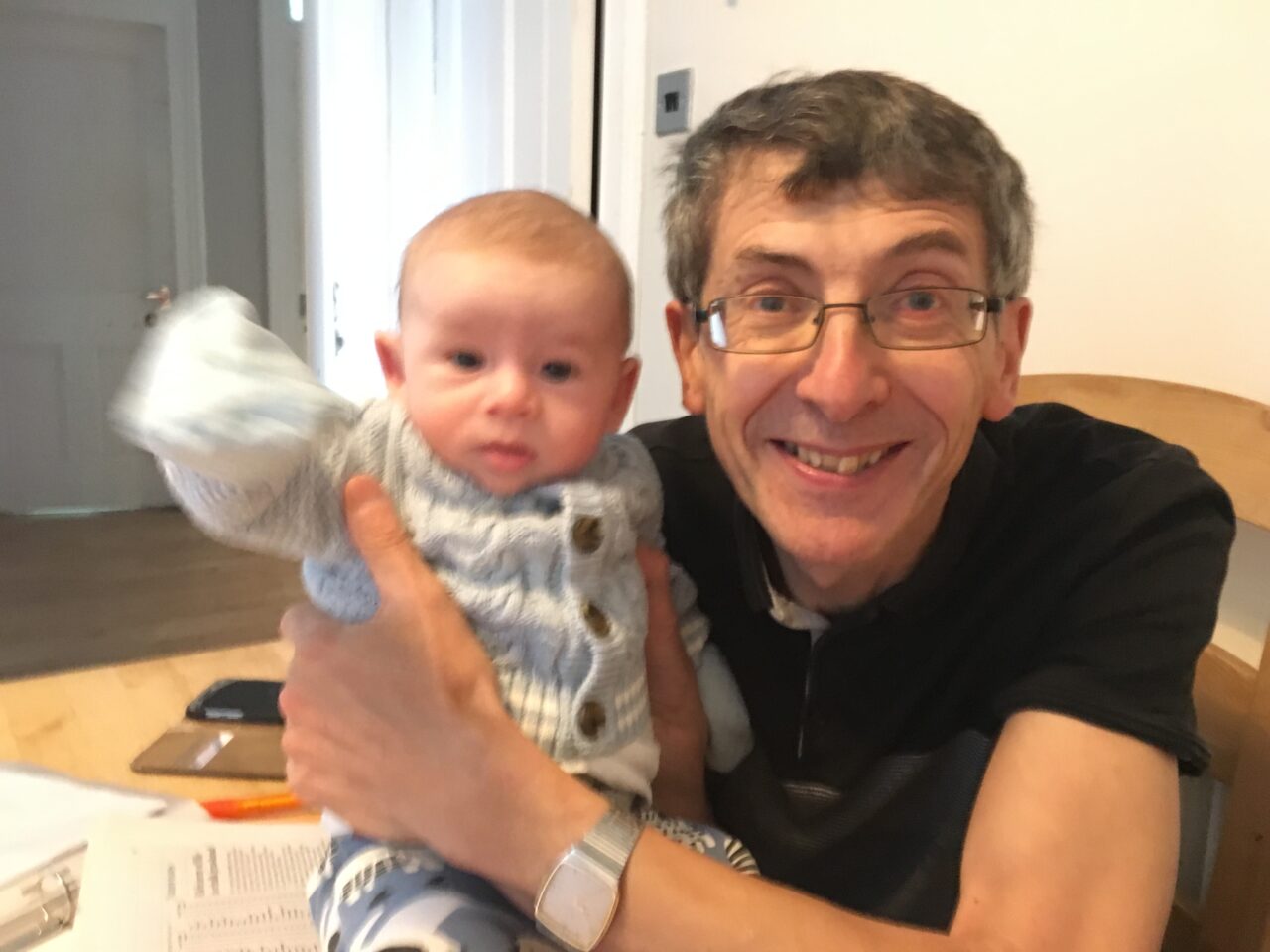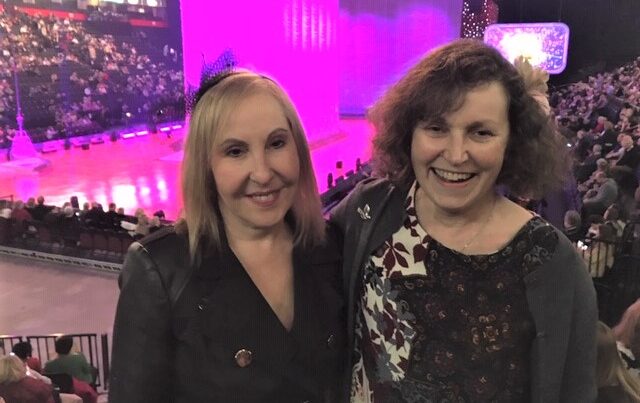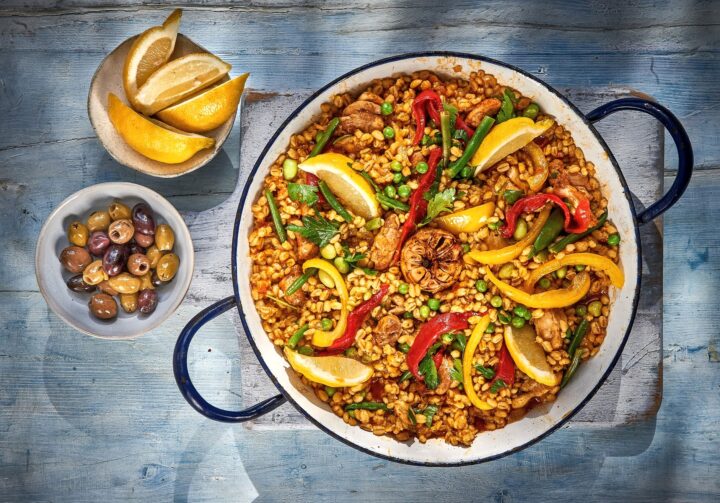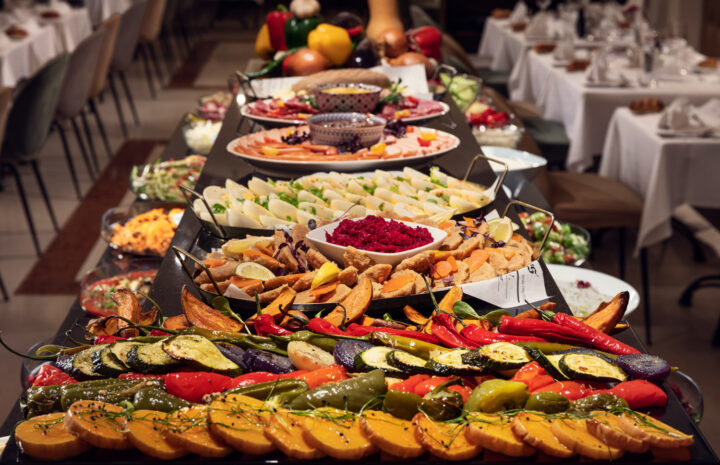Last month, my husband Alex and I visited the Edinburgh festival. We were spending 3 nights in a shared airbnb together with family, including Alex’s gorgeous new grandson, Jesse, (my stepgrandson). We went to about 9 shows in all, and I was struck by the great feats of memory of the performers, especially the solo actors, like the incredible Eleanor Dillon-Reams in Honey bee, who was on stage for an hour, sweltering in the late summer heat and performing her heart out, while remaining apparently word perfect, even for her high speed rapping.

Honey bee
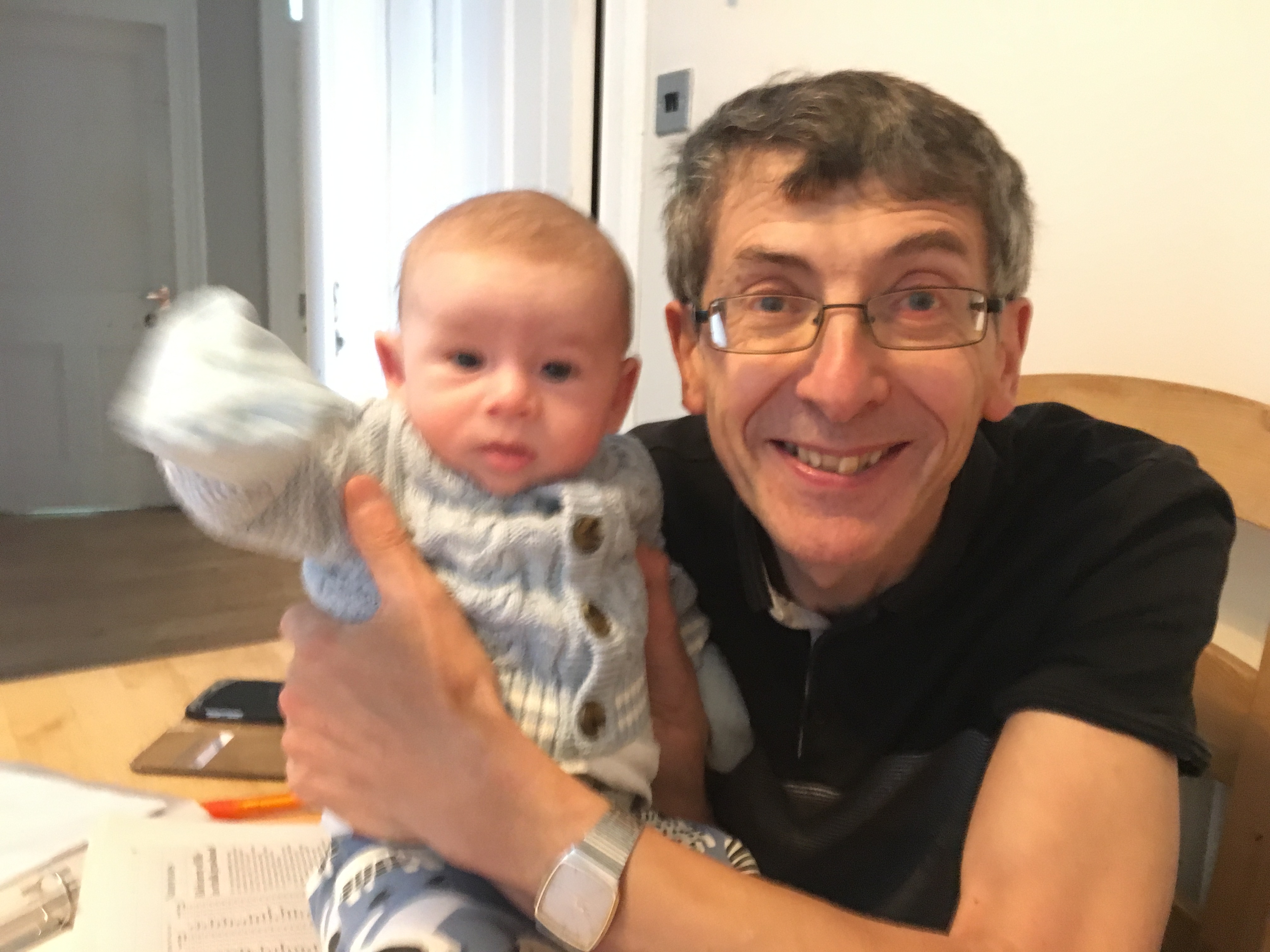
Alex and Jesse
At 58, I’m finding it really hard to learn new things, such as Spanish vocab for my night classes and also new Tai Chi steps. I’ve found that recording vocab on my tablet device and playing it back while I exercise and dress in the morning can be a help. It takes several play backs for a new word to stick, but ultimately it can happen. Apparently, learning a new language helps in brain plasticity: forming new connections between brain cells (neurons).

How can diet help your memory? I’ve learned a lot about this from the extraordinary Alex Richardson, head of FAB research and also an ex-Manchester High School girl. She believes in the benefits of Omega-3 oil from cradle to grave and that we should all be eating oily fish at least 2-3 times weekly.

The basic principles are to have your Omega-3 from fish, seafood sources or else algae oil if you are vegan or vegetarian. (Other vegetarian sources are almost a waste of time as very little reaches the brain.) The Omega-3 is incorporated into nerve cell membranes and helps messages to pass between the neurons.
Other important foods for brain health include eggs for vitamin D and choline , (which converts to the neurotransmitter, acetylcholine;) beans and whole grains such as quinoa and oats for B vitamins and folic acid; other dark green leafy vegetables, especially cabbage and broccoli; extra-virgin olive oil for monounsaturated fat, vitamin E and also antioxidants; nuts and seeds give similar benefits and also provide zinc, berries are high in anthocyanins, really powerful antioxidants; kefir or sauerkraut to reduce inflammation and my beloved turmeric, is also great for antioxidants, anti-inflammatory action and to boost ‘neurogenesis’, the growth of new brain cells.
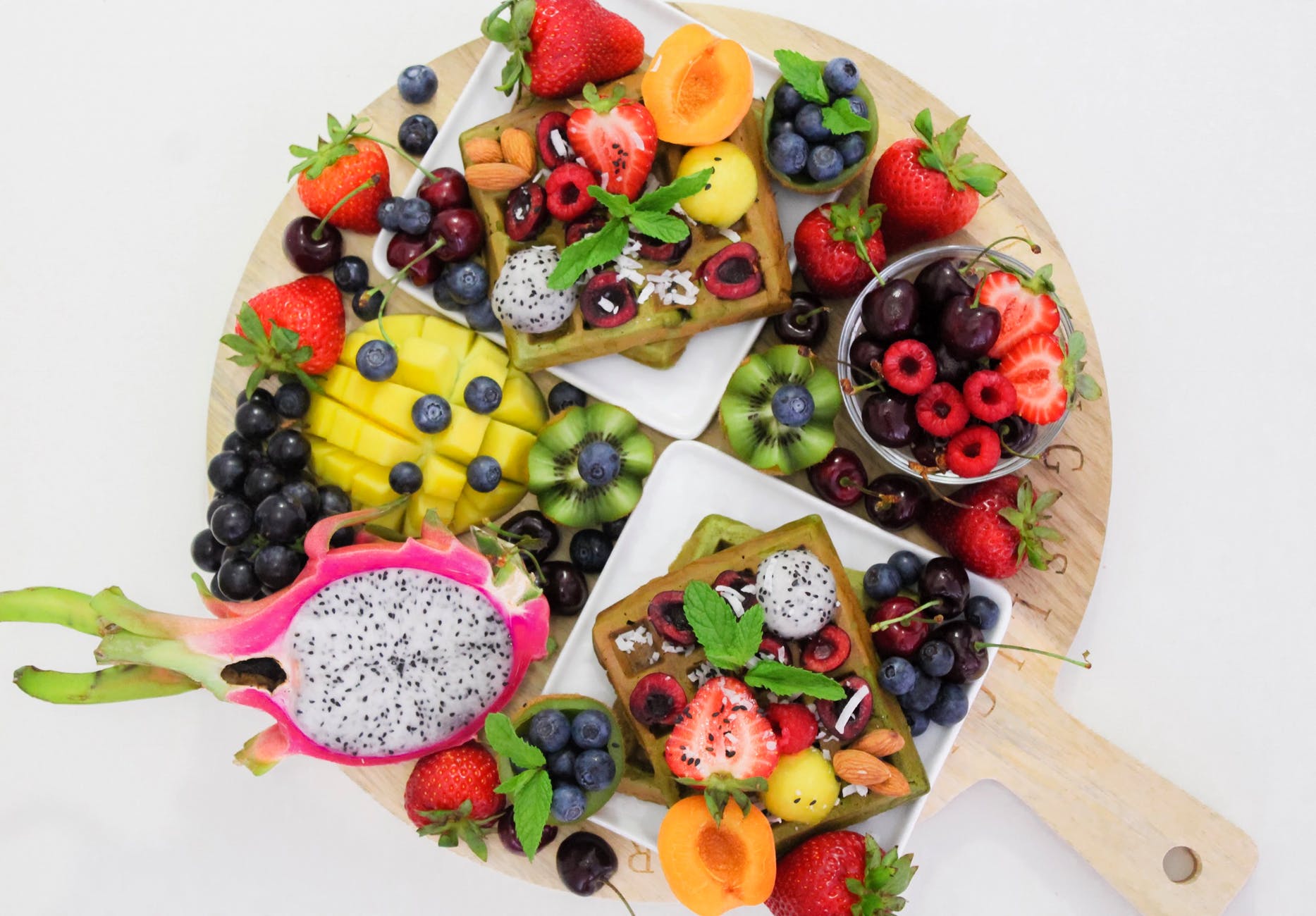
Another incredible inspirational professor, who I’ve met is Sandrine Thuret, of King’s College, London.
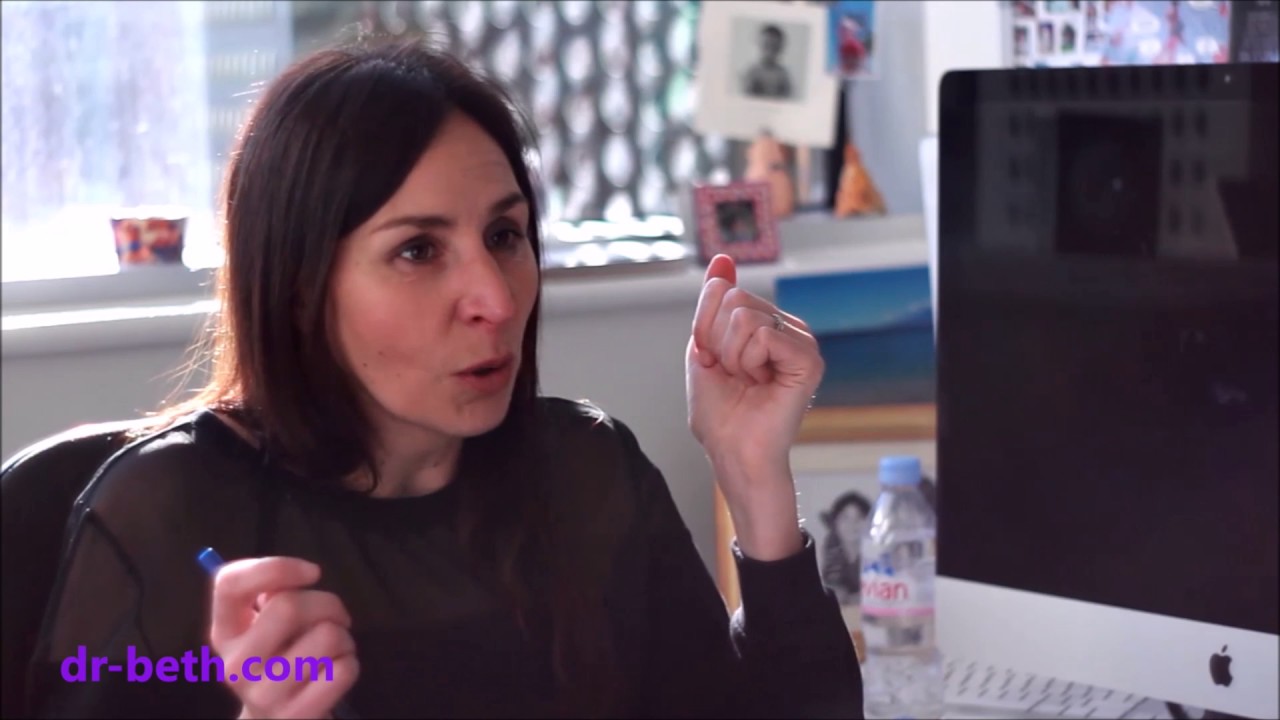
She is an expert on adult neurogenesis. She advocates any form of intermittent fasting, such as time restricted eating, (where people only eat within a time window e.g. 8am to 7pm), to help new brain cells to be produced in the Hippocampus, the part of the brain where new memories are formed. Exercise is also crucial and this should be regular and energetic, hence the reference to 10,000 steps. It also reminds me of the wonderful Proclaimers (yes, I know that they walked 500 miles, but that’s just silly!) If you want to learn more of Sandrine Thuret, you can access her TED talk on neurogenesis on the internet.

So, what should you have less of, if you value your brain health? Sugar, other refined carbohydrates, such as white bread, white rice, pasta and white potatoes and alcohol are all detrimental. Alcohol actually acts to wash out Omega-3 from the brain. And refined seed oils like sunflower, cottonseed and also groundnut oil and soya oil can compete with Omega-6 for enzymes. All highly processed foods are a bad idea if you value brain health, especially processed meats such as savaloys and vorsht and factory made pastries, biscuits and crisps. Perhaps consider having more organic produce, as we don’t really know all the ill-effects of food additives, preservatives and pesticides.
I am writing this while drinking a small glass of kefir, laced with turmeric in place of my breakfast. There’s nothing like thinking about dementia for motivating you to do whatever you can to improve the odds.

